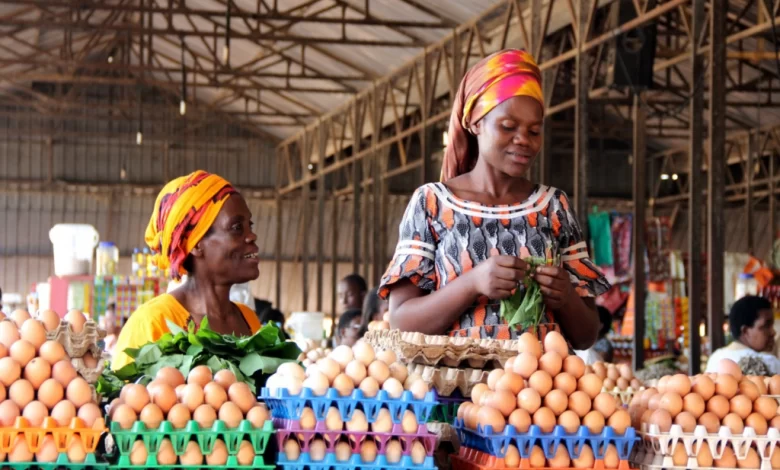Confusion over GROW project loans sparks debate on women’s access to funding
Musasizi confirmed that the loans range from 4 million to 200 million Ugandan shillings, with interest rates between 10% and 10.5% per annum, depending on the commercial bank's rate.

A recent parliamentary session has brought to light concerns about the accessibility of funds under the Generating Growth Opportunities and Productivity for Women Enterprises (GROW) project.
Although intended to empower women-led businesses, confusion surrounding the nature of the funding has raised questions about who can actually benefit from the initiative.
Henry Musasizi, the Minister of State for Finance, Planning, and Economic Development, clarified that the GROW funds are loans, not grants.
This clarification came in response to Gulu City Woman MP Betty Aol, who expressed frustration over conflicting information.
“There is contradictory information on the GROW project,” Aol said. “Some are saying it’s a grant, while others say it’s a loan. The banks are asking for land titles, and I wonder where the women are supposed to get them.”
Musasizi confirmed that the loans range from 4 million to 200 million Ugandan shillings, with interest rates between 10% and 10.5% per annum, depending on the commercial bank’s rate.
He emphasized that the requirements to access the loans include having a bank account in the lending institution, collateral, a business license, a detailed loan budget, business records, a recommendation from the Local Council 1, and guarantors.
“The GROW project is intended to benefit women with existing businesses that have already gained from other government programs like Emyooga, the Parish Development Model, and the Uganda Women Entrepreneurship Programme,” Musasizi explained.
He added that the project’s goal is to help women scale their businesses, but the criteria are necessary to ensure that the loans are repaid.
However, these requirements have raised concerns about accessibility. “How many women in rural areas or informal sectors have access to land titles or formal business licenses?” Aol asked, noting that many women could be left out.
“If this is meant to help women, we need to reconsider how accessible the process is.”
The GROW project, funded with 180 billion shillings, is a joint effort by the Ministry of Gender, Labour and Social Development and the Ministry of Finance, in partnership with the Private Sector Foundation.
Deputy Speaker Thomas Tayebwa echoed the need for more transparency, giving the Finance Ministry until Wednesday, September 25th, to present a detailed report on the project’s implementation.
“We need clarity on how this project is being rolled out and whether it is truly reaching the women it’s meant to support,” Tayebwa said.
As the government moves to clarify these issues, the spotlight remains on how best to balance the financial sustainability of the GROW project with the goal of empowering women economically.







